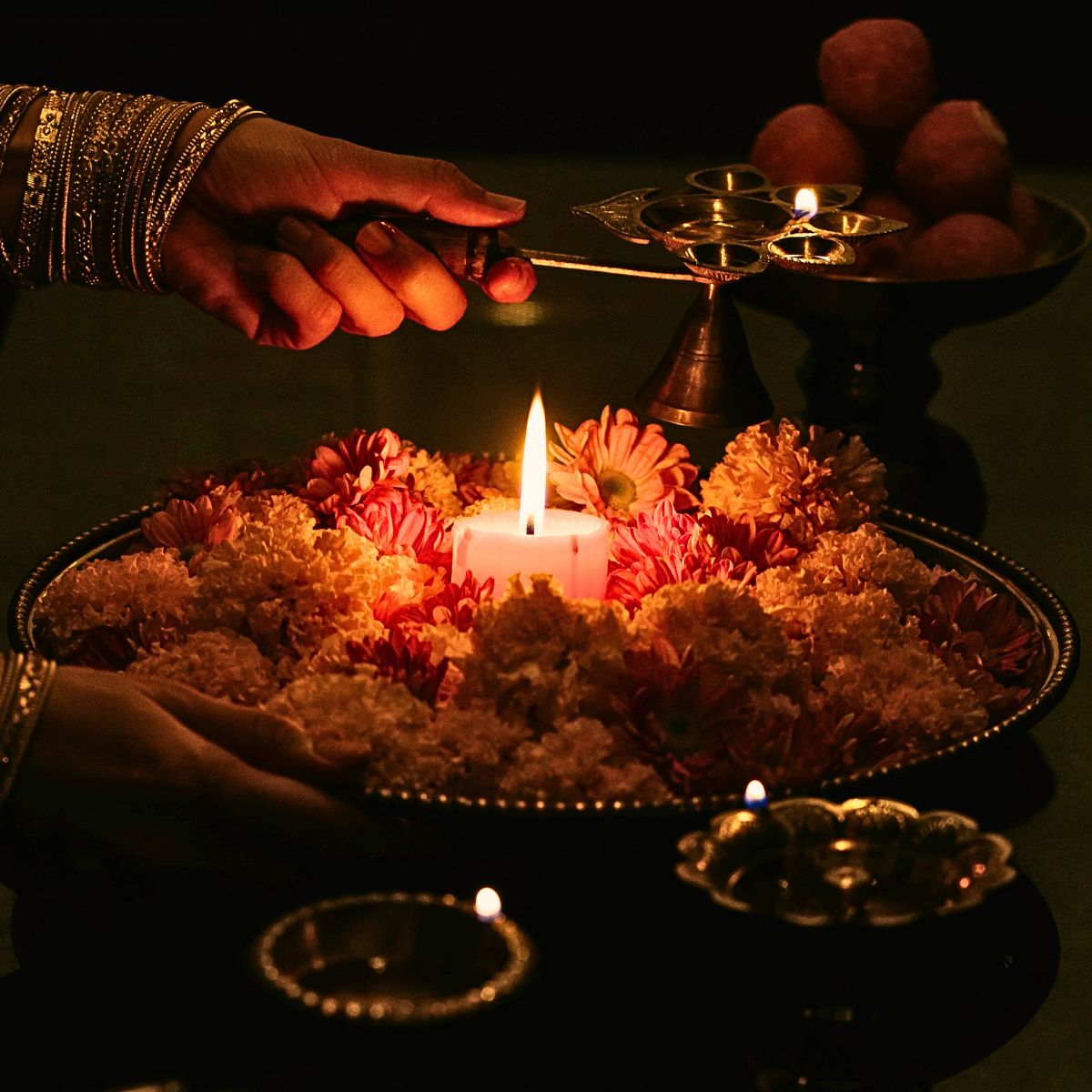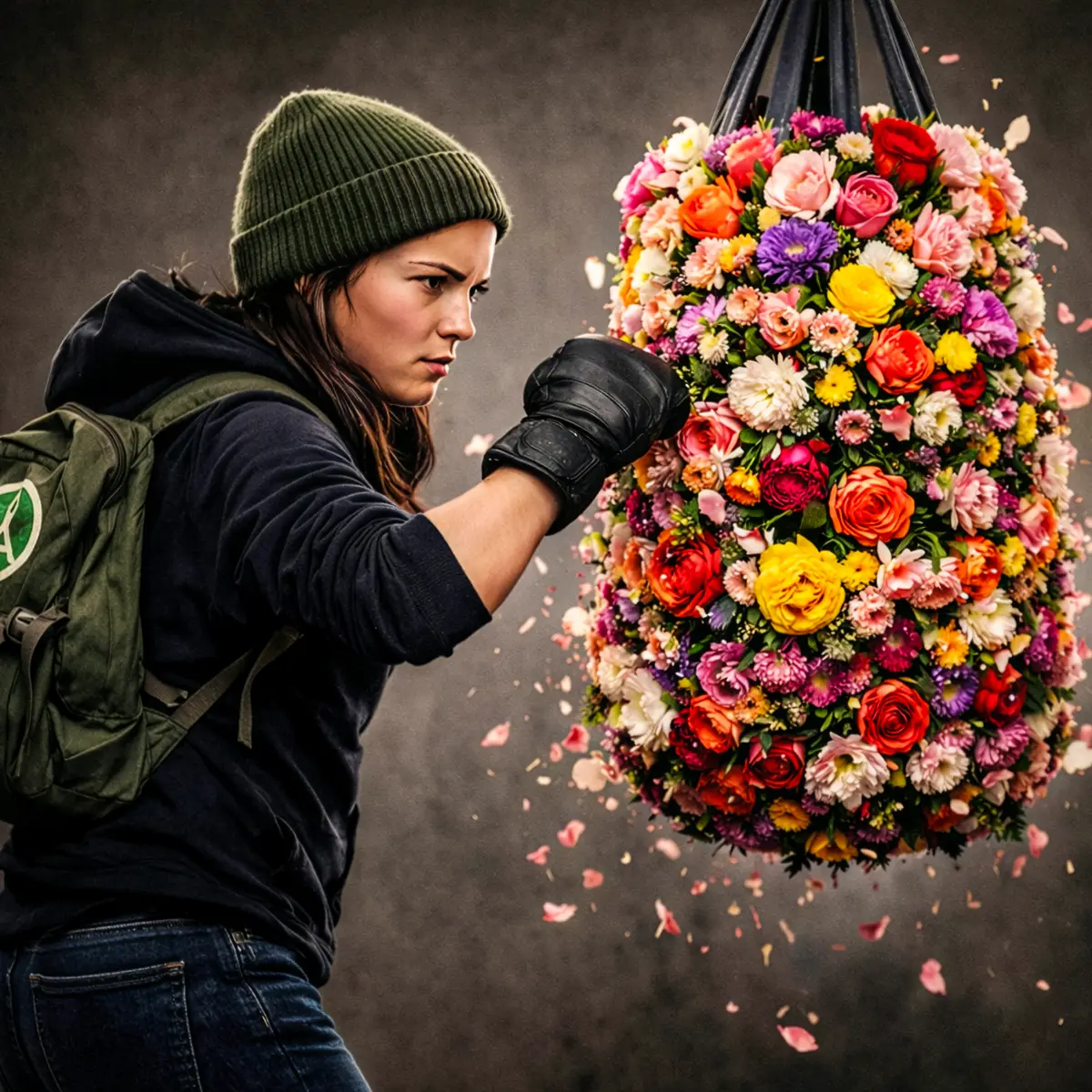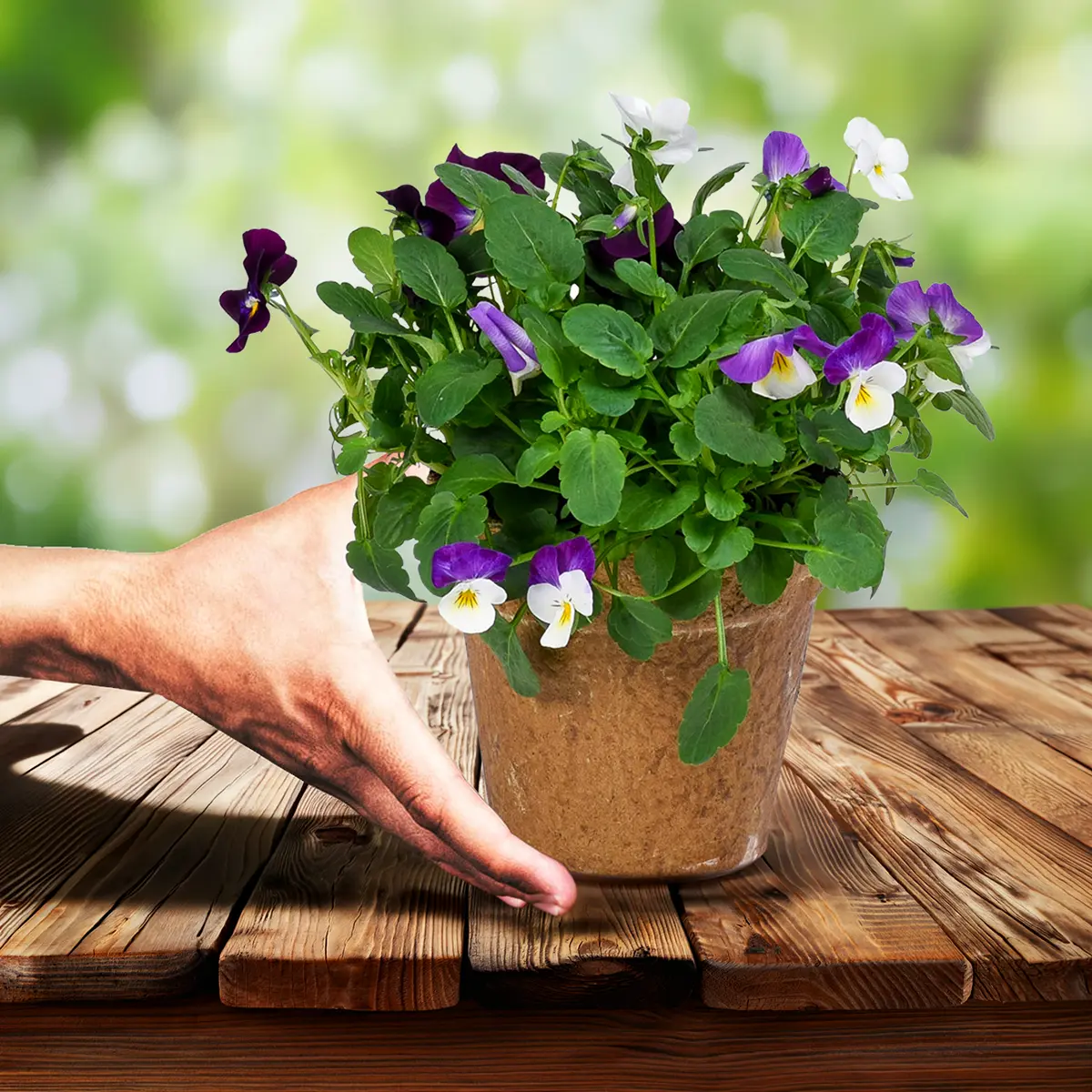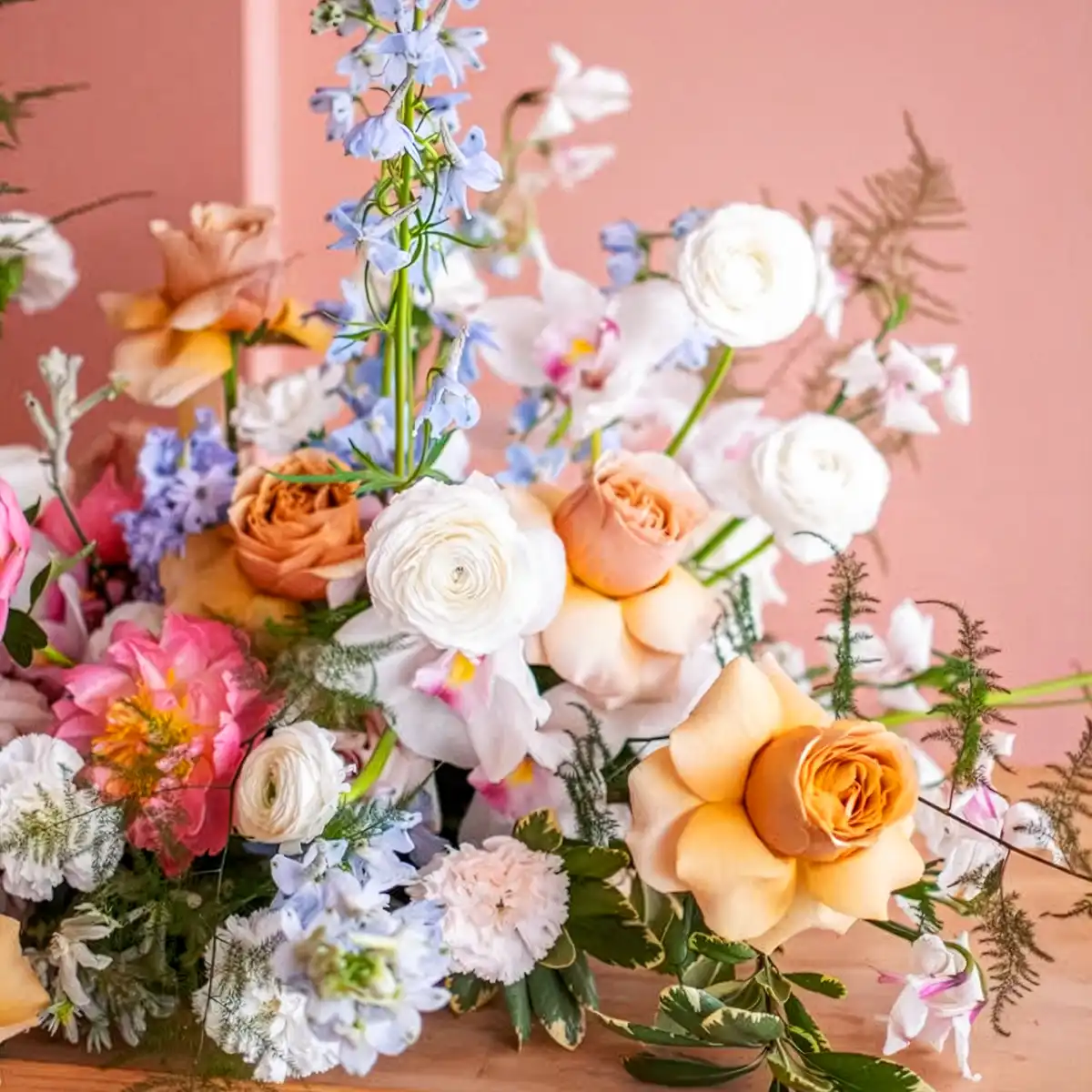In a move that is worth being celebrated by environmentalists, and fresh flower enthusiasts, local authorities in the Nepali districts of Banke and Kailali have banned the use of plastic flowers and garlands in the coming Tihar and Chhath festivals, in which flowers play a significant role. During Tihar, known as the festival of lights in Nepal, marigold garlands are used extensively for decorations and offerings, and to honor deities. On the other hand, Chhath, also sees the use of flowers, particularly in the puja offerings. A high volume of flowers is, therefore, used in the events.
What Are Tihar and Chhtath?
Tihar (also known as Deepawali and Yamapanchak) is a five-day spiritual & cultural Hindu festival of Diwali celebrated by Nepalis as well as by the Indian Gorkhas inhabiting Sikkim state and Gorkhaland Territories (particularly the towns of Darjeeling and Kalimpong).
Chhath is an ancient Indo-Nepalese Hindu festival, native to Nepal and East India. It is celebrated especially in the Indian states of Bihar, Jharkhand, and Eastern Uttar Pradesh, and the Nepalese Autonomous provinces of Koshi, Lumbini, and Madhesh. In the major northern urban centers, hundreds of thousands of Nepalis and East Indians celebrate it in cities including Kathmandu Valley, Delhi, Mumbai, and Calcutta. During Chhath Puja, prayers are dedicated to the solar deity, Surya: to show gratitude for bestowing the bounties of life on Earth and to request that certain wishes be granted.
Artificial Flowers Made of Plastic Have Detrimental Effects on Human Health and the Environment
The local levels’ decisions, therefore, not only promote environmental conservation but also support the livelihoods of local flower growers and businesses. The Kohalpur Municipality in Banke district issued a notice prohibiting the sale and distribution of plastic flowers across the area.

Photo by Suren Ram
According to the Chief Administrative Officer, Man Bahadur Giri, these artificial flowers made of plastic have detrimental effects on human health and the environment. The local government is firmly opposed to the use of such harmful materials.
Giri also highlighted how the influx of plastic flowers, has significantly impacted the local cut-flower businesses. Farmers in Banke who cultivate marigolds, Godavari, Makhamali, and other flowers have been facing severe challenges due to the competition from these cheaper, yet unsustainable, alternatives.

Photo by Lara Jameson
Similarly, Tikapur Municipality in Kailali district also requested the public to refrain from buying, selling, or using plastic flowers and garlands during these upcoming festivals. The Chief Administrative Officer, Daman Singh Chaudhari, warned that anyone found violating the ban could face legal consequences.
Prohibiting the Import of Plastic Items Helps Foster the Floriculture Industry
The resolution by the local authorities has been widely welcomed by the local flower growers and traders, with some expressing enthusiasm. This is especially true after incurring losses the previous year when the markets were flooded with artificial flowers, which made the garlands they had prepared for sale not valuable.

Photo by Tapos Roy Arjun
But this year, the local governments have made a welcome decision, which has to be enforced effectively, at least to nurture the floriculture industry and its related businesses. In reaction, a customer Rabina Bista, for instance, praised the local government's move, acknowledging that flower traders have been facing significant losses due to the competition from plastic items. She believes the recent decision is a much-needed and welcome step.

The Ministry of Forest and Environment had previously decided to ban various plastic items by the Environment Protection Act. However, the implementation of this decision has been lacking due to ineffective monitoring. Thus, the actions taken by the two municipalities are a positive step towards addressing this gap and promoting sustainable floral traditions as they align with the growing global trend of shifting towards sustainable practices in different industries, including the floral sector.

Photo by @shri_siddharoodhaswami
In recent years, consumers have become increasingly aware of their choices' environmental impact and are seeking more sustainable options. The ban on plastic flowers in Nepal's Banke and Kailali districts is a laudable step in this direction. And it is anticipated that other local authorities will follow suit, setting an example for the rest of the country.

Why Plastic Flowers Are Not Ideal, and Fresh Flowers Are Beneficial
Plastic flowers are harmful to human health and pollute the environment. But they have continued to flood the markets, impacting the environment and local flower business. Many environmentalists and fresh flower enthusiasts have continually voiced their concerns about artificial flowers. Their use, though cheap and readily available, not only contributes to plastic pollution but also has adverse effects on human health and the ecosystem. Fresh flowers, on the other hand, have many positive impacts on people, and their emotional, physical, spiritual, and mental well-being, and, importantly, the environment.

Banning the use of artificial flowers, therefore, means the local governments in Banke and Kailali are sending a strong message about the importance of embracing eco-friendly and locally-grown floral alternatives. It is a progressive step towards endorsing the use of fresh, locally cultivated flowers and supporting sustainable floristry practices. It, also, is a decision that not only benefits the environment but also supports the livelihoods of the hardworking farmers and florists in the region.
Feature and header image by Lara Jameson.










